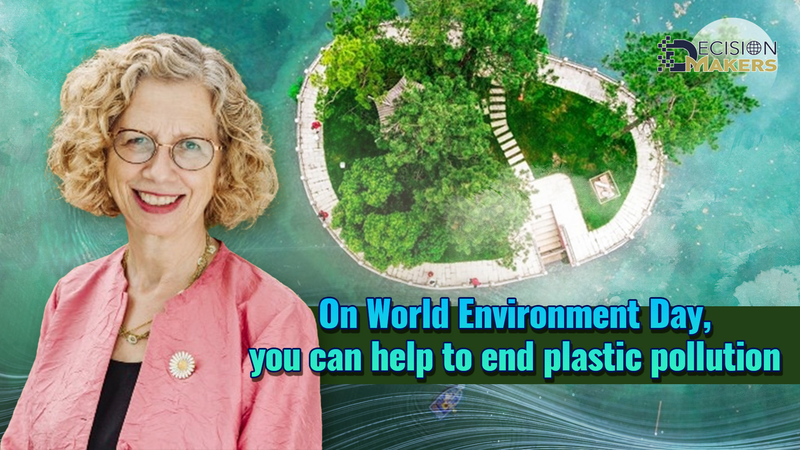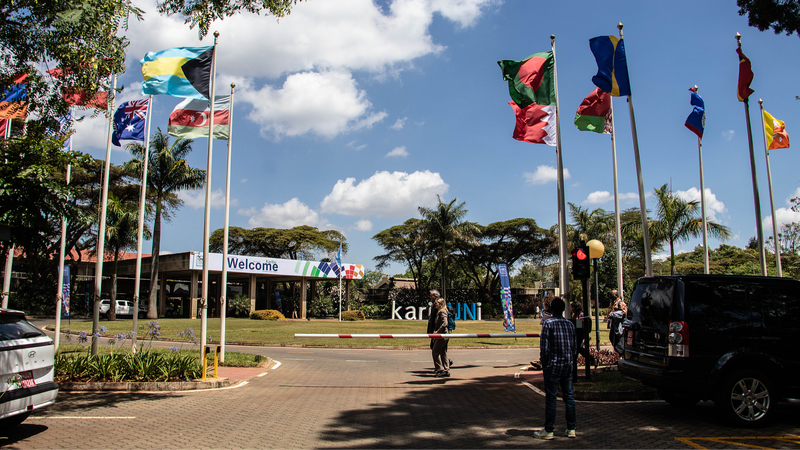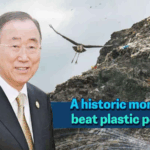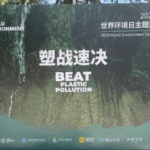As the world marks World Environment Day, new revelations about microplastics infiltrating human bodies underscore the urgent need to address plastic pollution. The United Nations Environment Programme (UNEP) and host nation the Republic of Korea are rallying global communities under the #BeatPlasticPollution campaign, emphasizing health and economic imperatives.
Recent studies reveal microplastics in human arteries, lungs, and even breast milk – unwelcome intruders with unknown long-term health impacts. 'We didn’t choose to ingest them, but ending plastic pollution is our only path to safety,' said Inger Andersen, UNEP Executive Director, in a recent op-ed.
While plastics play vital roles in healthcare and clean energy, mismanagement of single-use products has created an environmental crisis. An estimated 24 million tons of plastic enter land and water ecosystems annually, contaminating everything from Mount Everest’s peaks to the Mariana Trench’s depths.
The economic toll is staggering: projected cumulative losses could reach $281 trillion by 2040 due to tourism declines, clogged drainage systems causing floods, and fisheries choked by plastic waste. Coastal communities from Southeast Asia to the Arabian Sea report catching more plastic than fish in some areas.
This year’s global campaign highlights innovative solutions, including circular economy models and biodegradable alternatives. Business leaders and policymakers are urged to accelerate negotiations for an international legally binding agreement on plastic pollution by 2024.
For travelers and diaspora communities, UNEP recommends simple daily actions: refusing single-use plastics, supporting sustainable brands, and participating in local cleanup initiatives. As Andersen notes: 'Every plastic bottle avoided is a victory for our shared future.'
Reference(s):
On World Environment Day, you can help to end plastic pollution
cgtn.com







